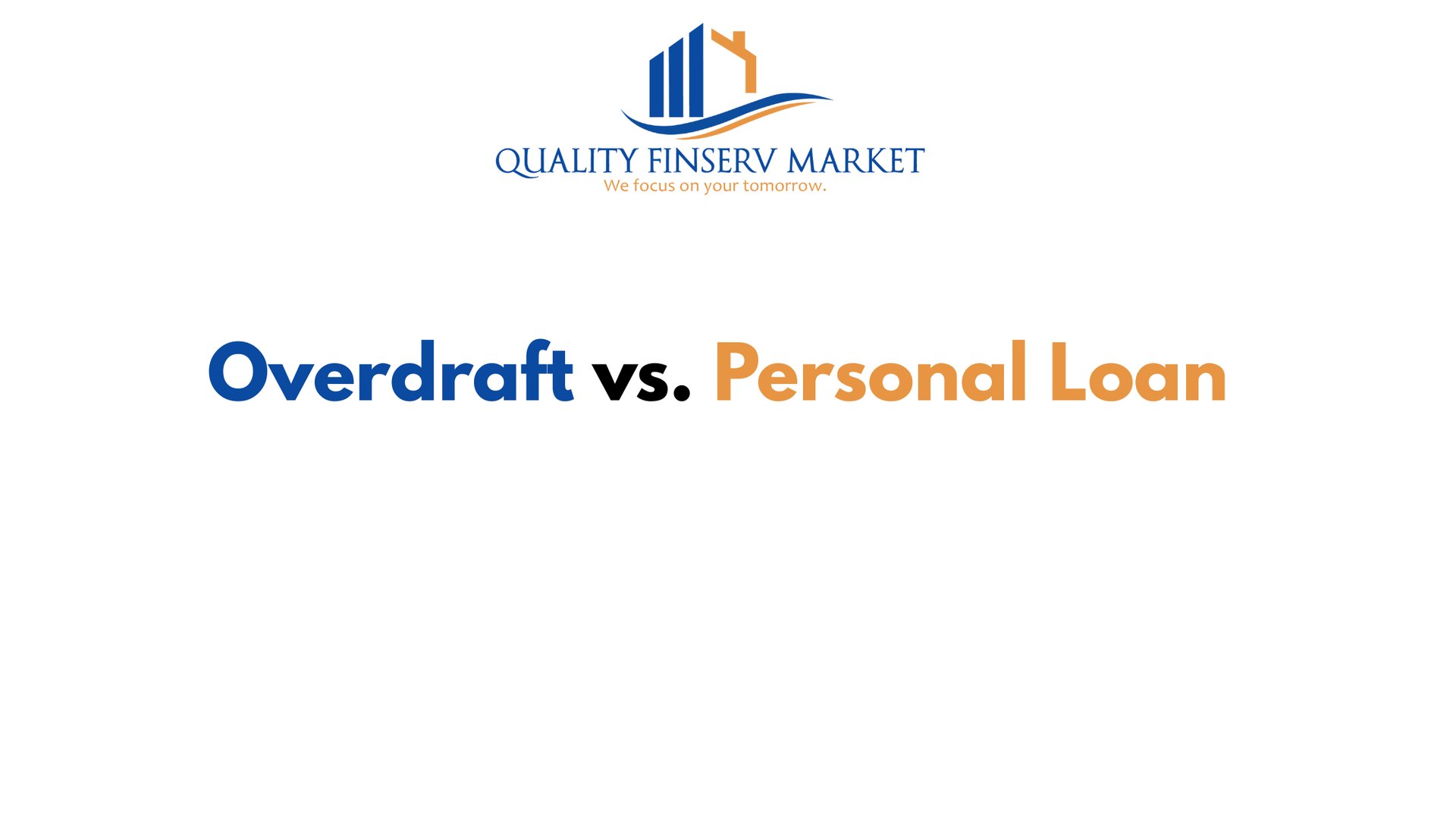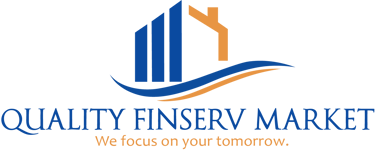Overdraft vs. Personal Loan
Overdraft vs. Personal Loan
8/29/20252 min read


Overdraft vs. Personal Loan
Why Overdraft Is Often the Smarter Choice
When unexpected expenses arise or your cash flow fluctuates, choosing the right borrowing option is crucial. Two of the most popular solutions are overdrafts and personal loans-but which one truly puts you in control? Here’s why an overdraft facility can be a better fit for many borrowers than a traditional personal loan.
1. Flexibility in Borrowing and Repayment
Overdraft:
With an overdraft, you’re given a credit limit linked to your existing bank account. You can withdraw funds as needed, up to this limit, and repay at your own pace. There’s no fixed repayment schedule, so you can tailor repayments to your cash flow-ideal for managing short-term or unpredictable expenses .Personal Loan:
You receive a lump sum and must repay it in fixed monthly installments (EMIs) over a set period, regardless of your financial situation. This rigid structure can strain your budget if your income is variable or if you don’t need the entire loan amount at once.
2. Interest: Pay Only for What You Use
Overdraft:
Interest is charged only on the amount you actually withdraw, not on your entire credit limit. This can lead to significant savings if you don’t need to use the full amount.Personal Loan:
Interest is calculated on the total loan amount from day one, even if you end up using only part of it. This means you could pay more in interest over time.
3. Instant Access to Funds
Overdraft:
Once approved, you can access funds instantly, whenever you need them-no need to reapply each time. This is especially helpful for emergencies or fluctuating business needs.Personal Loan:
Each new loan requires a fresh application and approval process, which can take several days. Not ideal for urgent or recurring needs .
4. Minimal Paperwork and Hassle-Free Management
Overdraft:
If linked to your account, the facility is easy to set up and manage, often requiring less documentation than a personal loan. You don’t need to prove eligibility every time you use it.Personal Loan:
Requires a detailed application, income proof, and credit assessment for every new loan, with no guarantee of approval .
5. Cost-Effective for Short-Term or Variable Needs
Overdraft:
Perfect for short-term cash gaps, seasonal business fluctuations, or when you’re unsure of the exact amount you’ll need. You can repay and reuse the facility as often as required, making it a revolving source of funds .Personal Loan:
Best suited for large, planned expenses where you know the exact amount needed and can commit to regular repayments.
When Is an Overdraft the Best Choice?
Managing irregular income or cash flow
Covering short-term or emergency expenses
Avoiding interest on unused funds
Needing instant, repeated access to credit
Key Takeaway
Overdrafts offer unmatched flexibility, cost-efficiency, and convenience for those who need to borrow on their own terms. While personal loans have their place for large, planned purchases, overdrafts empower you to borrow only what you need, when you need it-and repay as you’re able. For many, that’s financial freedom worth banking on.
Qualityfinserv
Social Media
CONTACTS
Support
911204208869
© 2026. All rights reserved.
